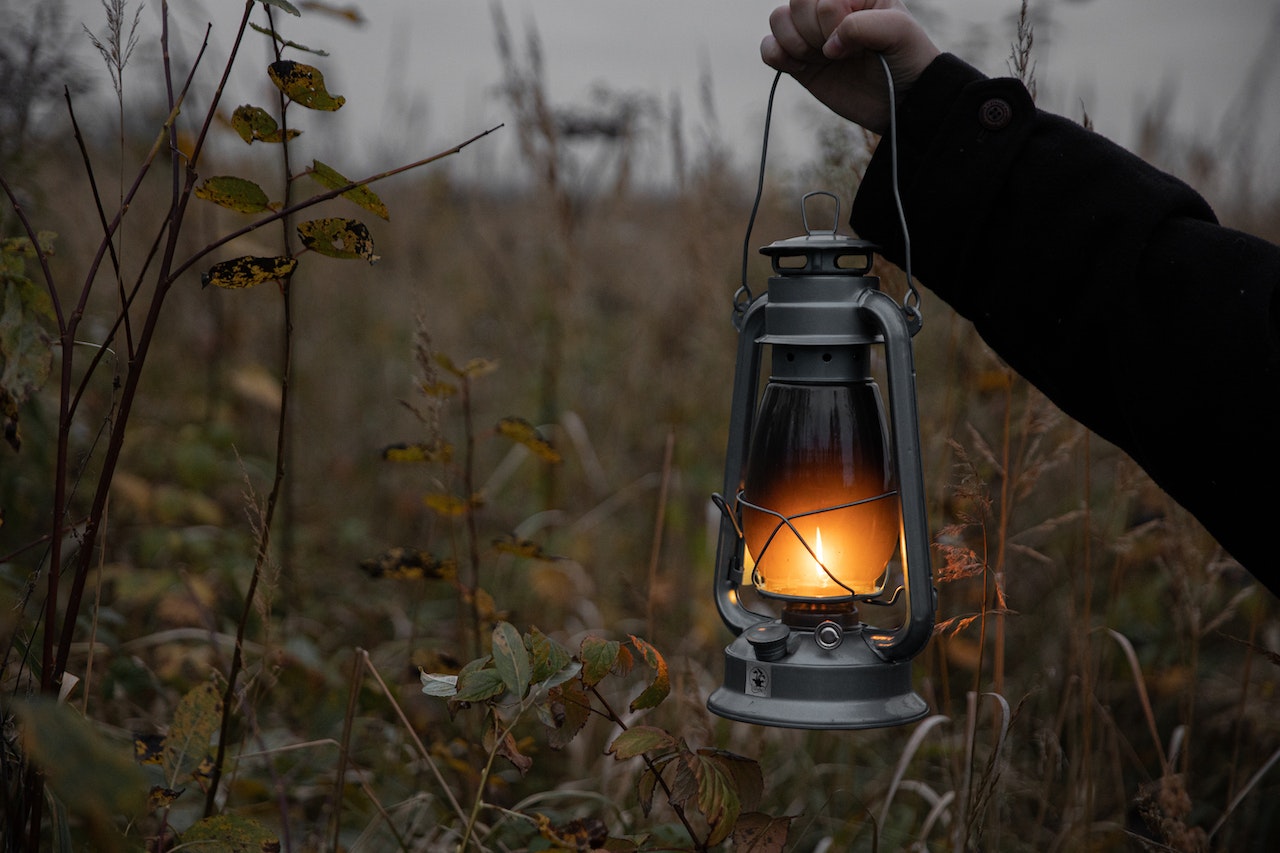Ticks and the Great Outdoors: What You Need to Know
When most of us think about going camping, we picture sitting around a roaring campfire, cooking hot dogs and marshmallows, telling stories, and sleeping under the stars.
It’s a time to disconnect from the hustle and bustle of everyday life and relax in nature. But there’s one potential downside to spending time in the great outdoors you need to be aware of ticks.
Ticks are small, spider-like creatures that attach themselves to animals and humans in order to feed on their blood.
Not only are they a nuisance, but they can also transmit diseases like Lyme disease, Rocky Mountain spotted fever and tularemia.
In fact, according to the Centers for Disease Control and Prevention (CDC), Lyme disease is the most common tick-borne illness in the United States, with approximately 35,000 cases reported each year.
So what can you do to protect yourself from ticks when you’re camping? Read on for some tips.
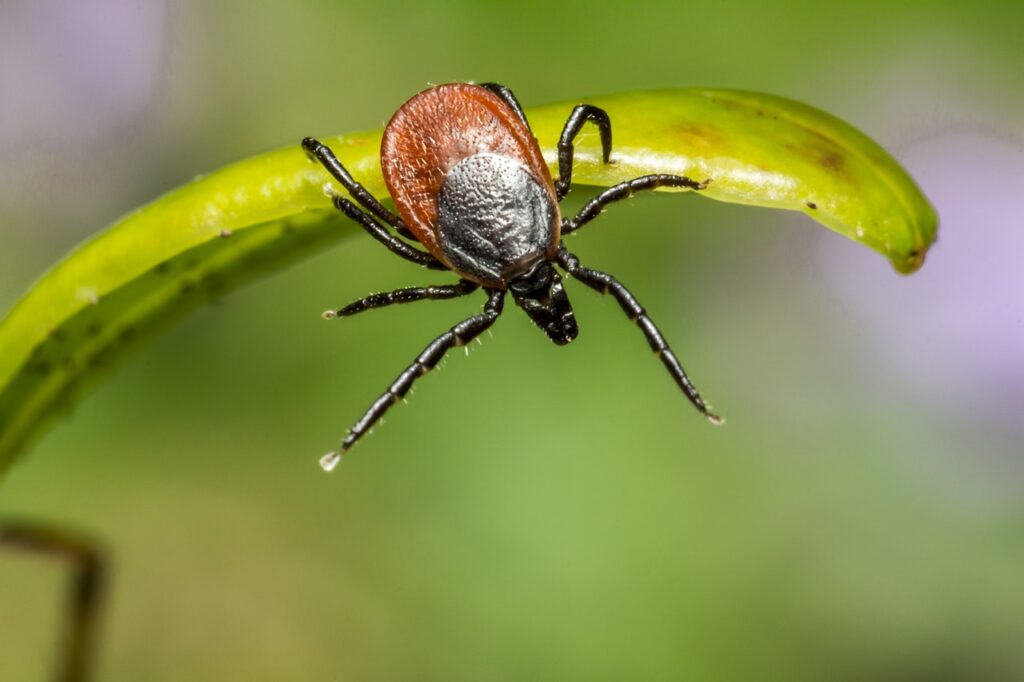
Choose Your Campsite Carefully
When you’re planning your camping trip, take some time to research different campgrounds in the area. Some campgrounds are located in areas that are more prone to ticks than others.
If possible, choose a campground that is located in an area with little vegetation or that has been recently treated for ticks.
Dress Appropriately
When you’re out hiking or exploring nature, it’s important to wear the right clothing. Wear long-sleeved shirts and long pants that are made of tight-weaved fabric like denim or wool.
Tuck your pant legs into your socks so that ticks can’t crawl up your legs and into your clothing. Wear light-colored clothing so that you can more easily spot ticks before they have a chance to attach themselves. And don’t forget to wear closed-toe shoes!
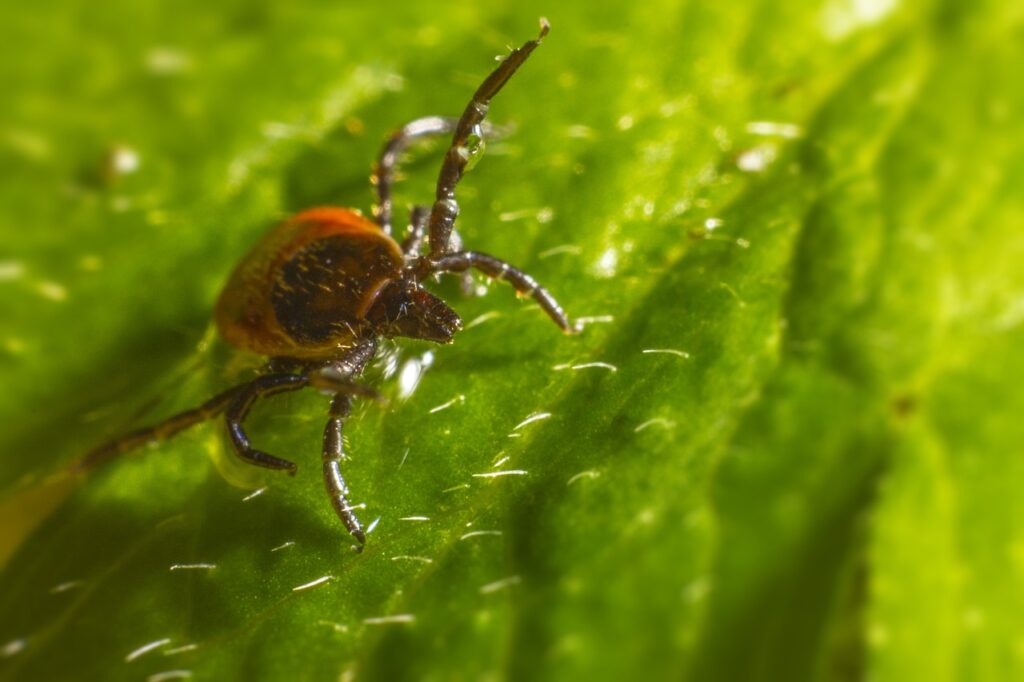
Use Insect repellent
Insect repellent can help keep ticks away from your skin. The CDC recommends using repellents that contain 20% or more DEET for protection against ticks.
Apply the repellent to your clothing as well as any exposed skin like your wrists, ankles, neck, and waistline. Repellents containing permethrin can also be applied directly to clothing and remain effective through several washes.
Check for Ticks Regularly
One of the best ways to prevent tick bites is to check yourself—and your children—for ticks regularly while you’re camping. Ticks tend to hang out in warm, moist areas like armpits and groin regions, so be sure to check these areas carefully.
Use a mirror or ask someone else to help you check hard-to-see spots like your back or scalp. If you find a tick on your body, remove it immediately with tweezers by grasping it as close to the skin as possible and pulling it straight up until it releases its hold. Then clean the bite area with soap and water or alcohol wipes.
Do campfires keep ticks away?
Campfires can help reduce the number of ticks in your camping area, but it’s not a guarantee that you won’t get bitten. While smoke from fires can help repel some pests like mosquitoes, ticks are less likely to be affected. So while having a campfire is great for ambiance and keeping warm on cooler nights, don’t rely on it for tick protection.
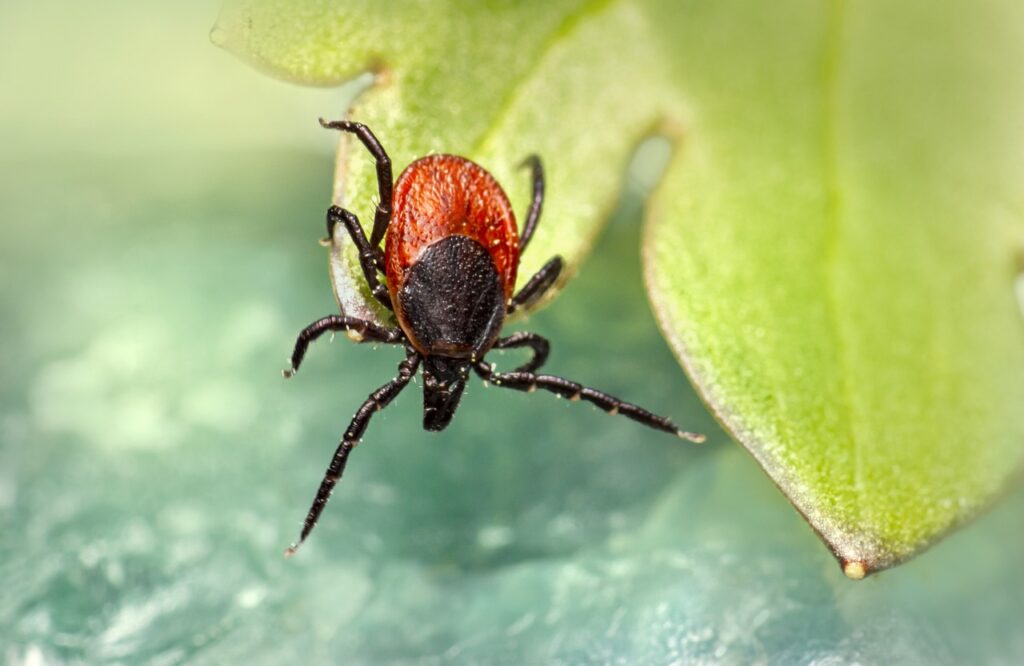
How long can ticks live in camping gear?
Ticks can survive for several days in some camping gear, such as sleeping bags and tents. When packing up your gear at the end of your trip, make sure to check it carefully for any ticks that might have hitched a ride home with you. If you find any, make sure to dispose of them properly so they don’t spread.
With some planning and precautions, you can enjoy your time outdoors without worrying about tick bites. So go ahead and get out there and explore the great outdoors just be sure to stay safe!
Conclusion:
Camping is a great way to relax and enjoy time spent in nature but it’s important to be aware of the potential dangers posed by ticks.
By taking some simple precautions like choosing your campsite carefully, dressing appropriately, using insect repellent, and checking for ticks regularly, you can help reduce your risk of being bitten by a tick and contracting a potentially serious disease.
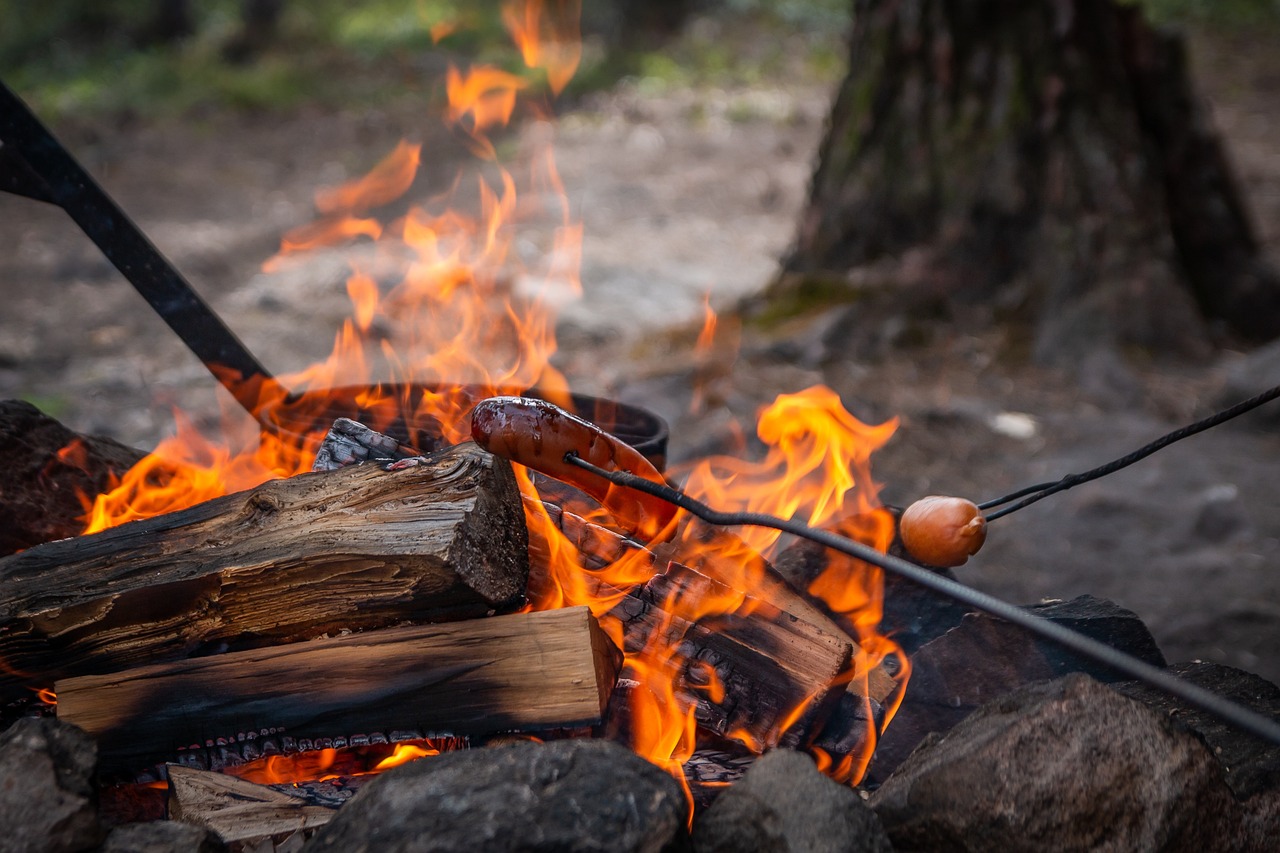
Do Campgrounds allow Campfires? (Let’s Find Out)
